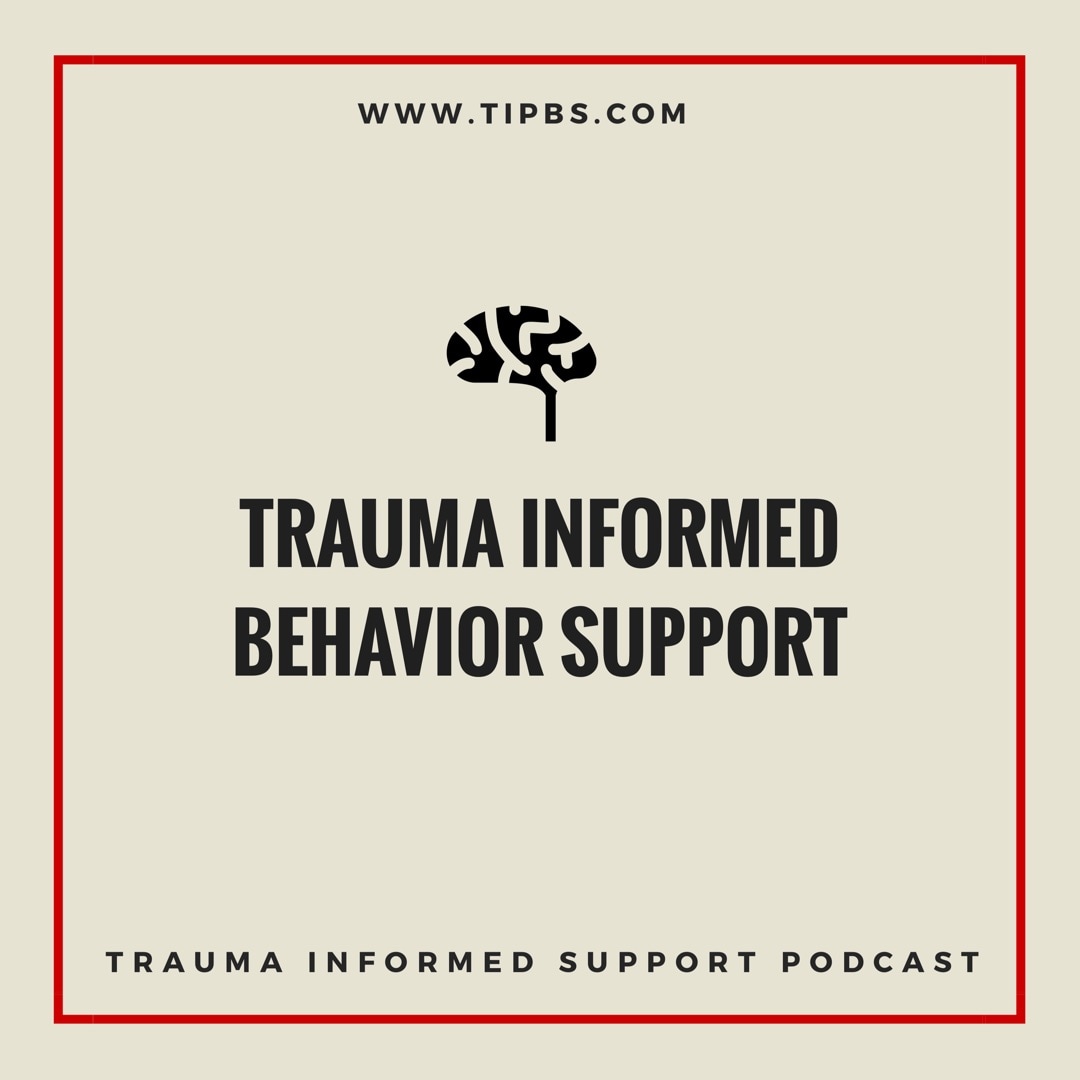|
We review the article ‘‘Early adversity and learning: implications for typical and atypical behavioural development’ by Jamie Hansen and colleagues. The paper offers practical insights into why traditional behaviour management strategies fall short with traumatised students and how building skills in 'associative learning' can help these children. Reference: Hanson, J. L., Bos, W., Roeber, B. J., Rudolph, K. D., Davidson, R. J., & Pollak, S. D. (2017). Early adversity and learning: implications for typical and atypical behavioral development. Journal of Child Psychology and Psychiatry. Here is the link to the paper discussed: pdfs.semanticscholar.org/b4e6/2f31c6f…9c40637a.pdf
0 Comments
In this coaching call, we speak with 'Ester' - a team leader of a behaviour support specialist team helping traumatised students at schools.The call follows a structured enquiry process that aims to work collaboratively with teachers to generate ideas for interventions and strategies. In this coaching call, we speak with 'Patty' - a behaviour support specialist helping traumatised children at home and at school.The call follows a structured enquiry process that aims to work collaboratively with teachers to generate ideas for interventions and strategies. Click on the video below to listen to learn about how to think functionally about trauma-based behaviours and practical management strategies. When you eat something loaded with sugar, your taste buds, your gut and your brain all take notice. This activation of your reward system is not unlike how bodies process addictive substances such as alcohol or nicotine -- an overload of sugar spikes dopamine levels and leaves you craving more. Watch this video from TED to learn more about how sugar affects your behaviour and brain. We know intuitively that it is hard to learn, concentrate and participate in school if we are hungry. But what exactly does the research tell us about the relation between nutrition, trauma and learning? Check out this episode below to learn practical strategies to help traumatised students. Brain imaging research has found that children exposed to early trauma, through abuse, neglect or other forms of adversity, develop changes in the structure and functions of their brain. Research has also found that these changes in the brain are reflected in changes to the capacity to learn and function at school. This is particularly observed in lower scores on standard intelligence tests and poor educational outcomes for children exposed to early trauma. In this research podcast, we are reviewing a paper by Helen Schirmer on the neuropsychological outcomes of primary school aged children with a history of maltreatment. Click on the video below to listen to the research review. |
Archives
February 2019
|

 RSS Feed
RSS Feed